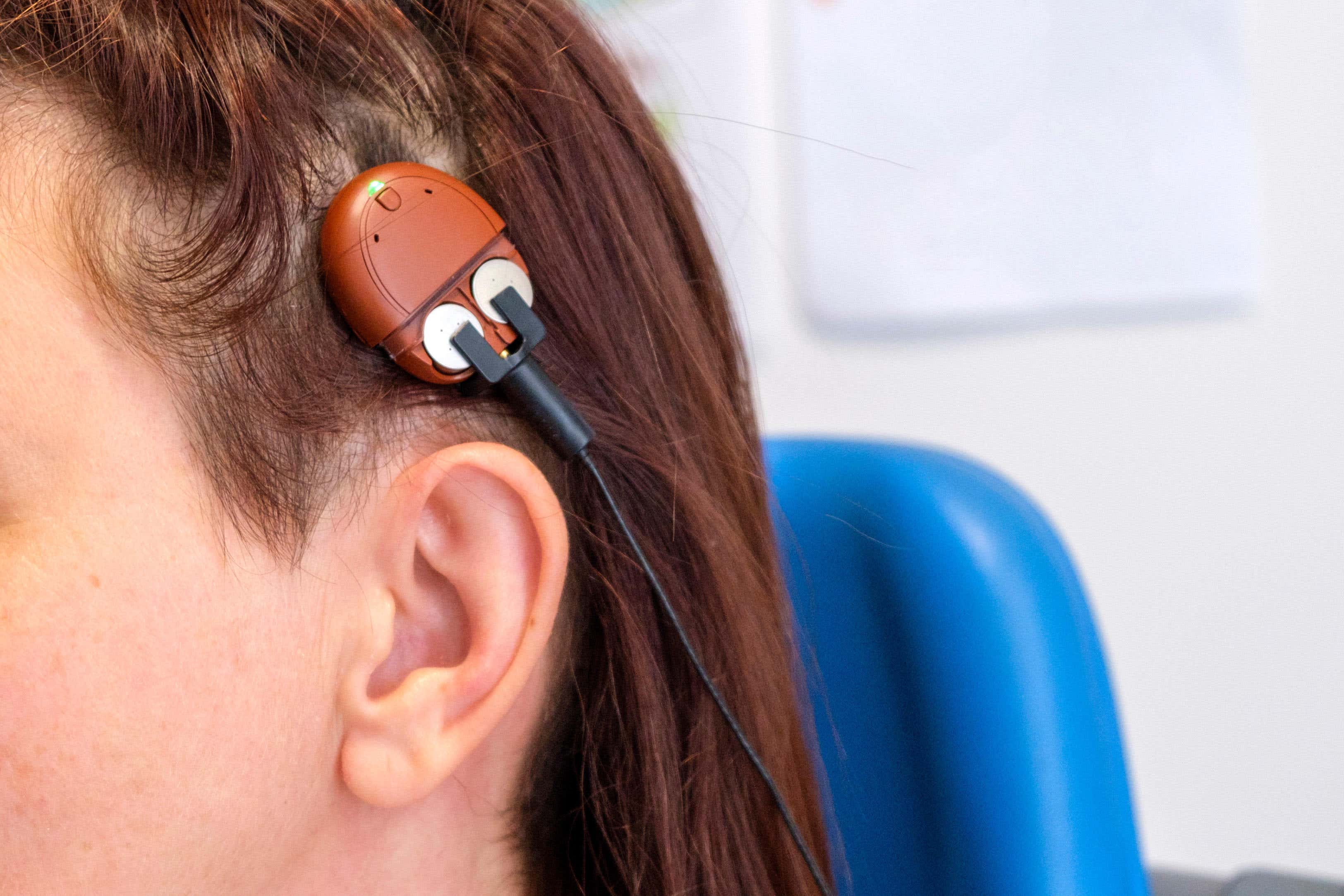Hearing implant merger ‘could lead to higher prices for NHS’, watchdog warns
Australia-based Cochlear agreed the deal to buy Oticon for 850 million Danish krona (£98m) in April.

Your support helps us to tell the story
From reproductive rights to climate change to Big Tech, The Independent is on the ground when the story is developing. Whether it's investigating the financials of Elon Musk's pro-Trump PAC or producing our latest documentary, 'The A Word', which shines a light on the American women fighting for reproductive rights, we know how important it is to parse out the facts from the messaging.
At such a critical moment in US history, we need reporters on the ground. Your donation allows us to keep sending journalists to speak to both sides of the story.
The Independent is trusted by Americans across the entire political spectrum. And unlike many other quality news outlets, we choose not to lock Americans out of our reporting and analysis with paywalls. We believe quality journalism should be available to everyone, paid for by those who can afford it.
Your support makes all the difference.The UK competition watchdog has warned that a merger of two hearing implant firms “could lead to higher prices for the NHS”.
The Competition and Markets Authority (CMA) said Cochlear’s proposed purchase of Oticon Medical, the hearing division of Danish firm Demant, could also reduce quality and slow innovation for patients in the UK.
Australia-based Cochlear agreed the deal to buy Oticon for 850 million Danish krona (£98 million) in April.
Both firms supply cochlear implants and bone conduction technology, which are surgically implanted hearing devices.
During an initial phase 1 investigation into the deal, the CMA found that the merger deal would result in the new operation controlling between 90% and 100% of the bone conduction solutions market in the UK.
The watchdog said it is therefore “concerned” that the elimination of Cochlear’s biggest competitor could result in less choice and higher pricing.
The CMA said the two firms have until December 13 to offer potential undertakings to allay these concerns.
If these concerns are not addressed, the regulator will take the proposed merger to a more thorough phase 2 probe.
Sorcha O’Carroll, CMA senior director of mergers, said: “We’re concerned that this deal could lead to higher costs for the NHS and worse outcomes for patients who rely on life-changing hearing implants.
“The merger will wipe out one of the main suppliers and leave Cochlear with a near monopoly in the supply of bone conduction implants.
“Healthy competition in the medical technology sector is central to continued innovation, more choice and improvements in patient treatments.”
Cochlear and Demant have been contacted for comment.